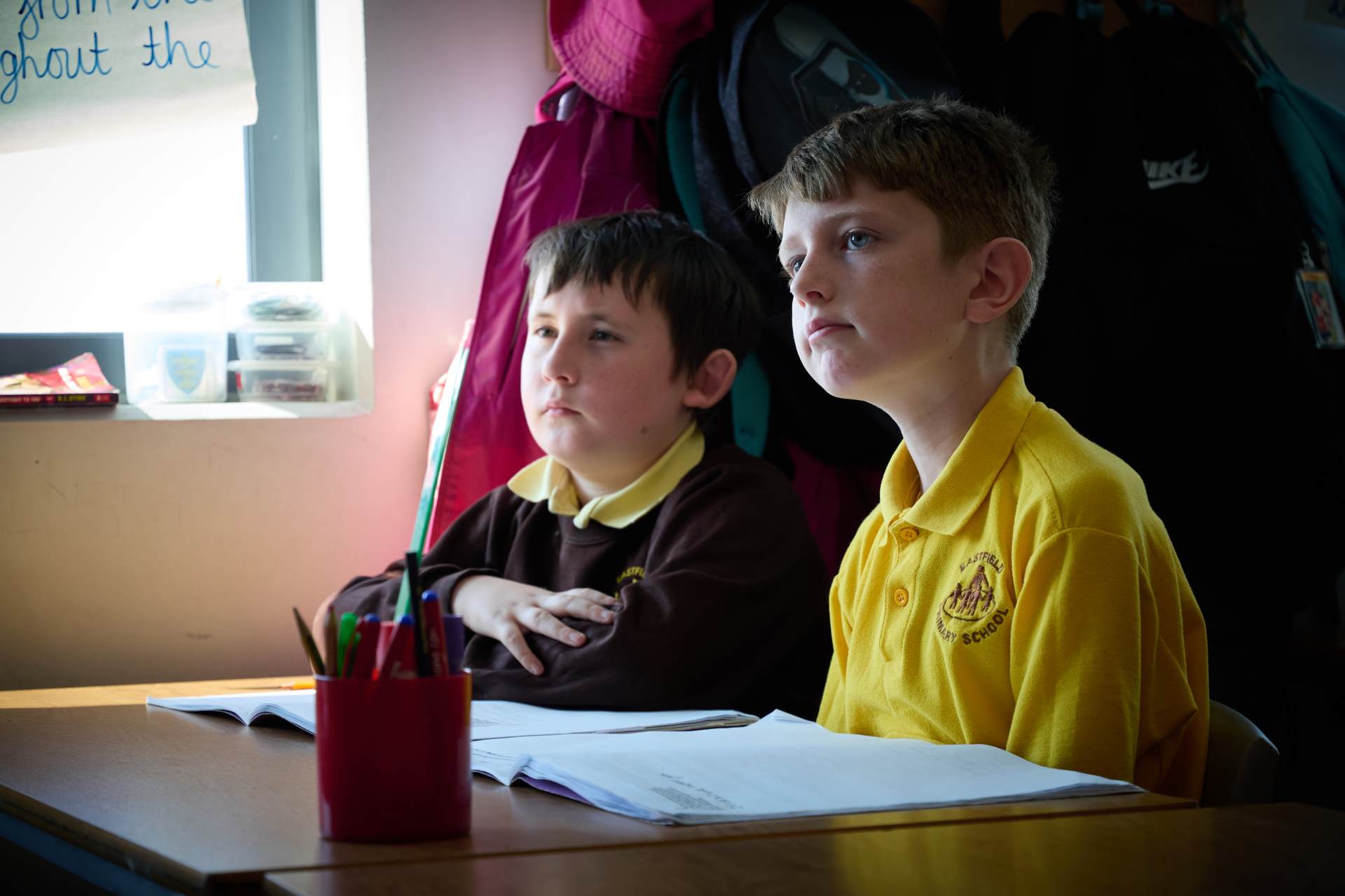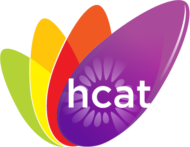RE

Intent
In line with the Approved East Riding Syllabus, the aim of Religious Education is to help children know and refer to religious and nonreligious beliefs and worldviews, practices and ways of life; to appreciate the way that religious beliefs shape life and our behaviour, develop the ability to make reasoned and informed judgements about religious and moral issues, understand the Modern British Values and enhance their spiritual, moral, social and cultural development. Religious Education has a holistic approach and is taught throughout the school in such a way as to reflect the overall aims, values, and philosophy of the school. Religious Education plays an important role and intertwines with many other curriculum areas, particularly PSHE, in promoting the understanding of Modern British Values and the spiritual, moral, social, and cultural development of our children.
Implementation
RE is taught in accordance with the Approved East Riding Syllabus and linked to the topic, where appropriate. Teaching provokes challenging questions about meaning and purpose in life, beliefs about God, ultimate reality, issues of right and wrong and what it means to be human. Pupils learn about and form religious and worldviews in local, national and global contexts, to discover, explore and consider different answers to these questions. They learn to weigh up the value of wisdom from different sources, to develop and express their insights in response, and to agree or disagree respectfully. Teaching equips pupils with systematic knowledge and understanding of a range of religions and worldviews, enabling them to develop their ideas, values and identities. It develops in pupils an aptitude for dialogue so that they can participate positively in our society with its diverse religions and worldviews. Pupils gain and deploy the skills needed to understand, interpret and evaluate texts, sources of wisdom and authority and other evidence.
Impact
All pupils in our school are educated to develop spiritually, academically, emotionally and morally to enable them to better understand themselves and others and to cope with the opportunities, challenges and responsibilities of living in a rapidly changing, multicultural world.
Pupils will demonstrate strong foundations of skills and attitudes that enable them to participate fully in and contribute positively to life in modern Britain by making a positive contribution to society. Pupils respect people in the wider community, including their beliefs, traditions, culture, language and history.



